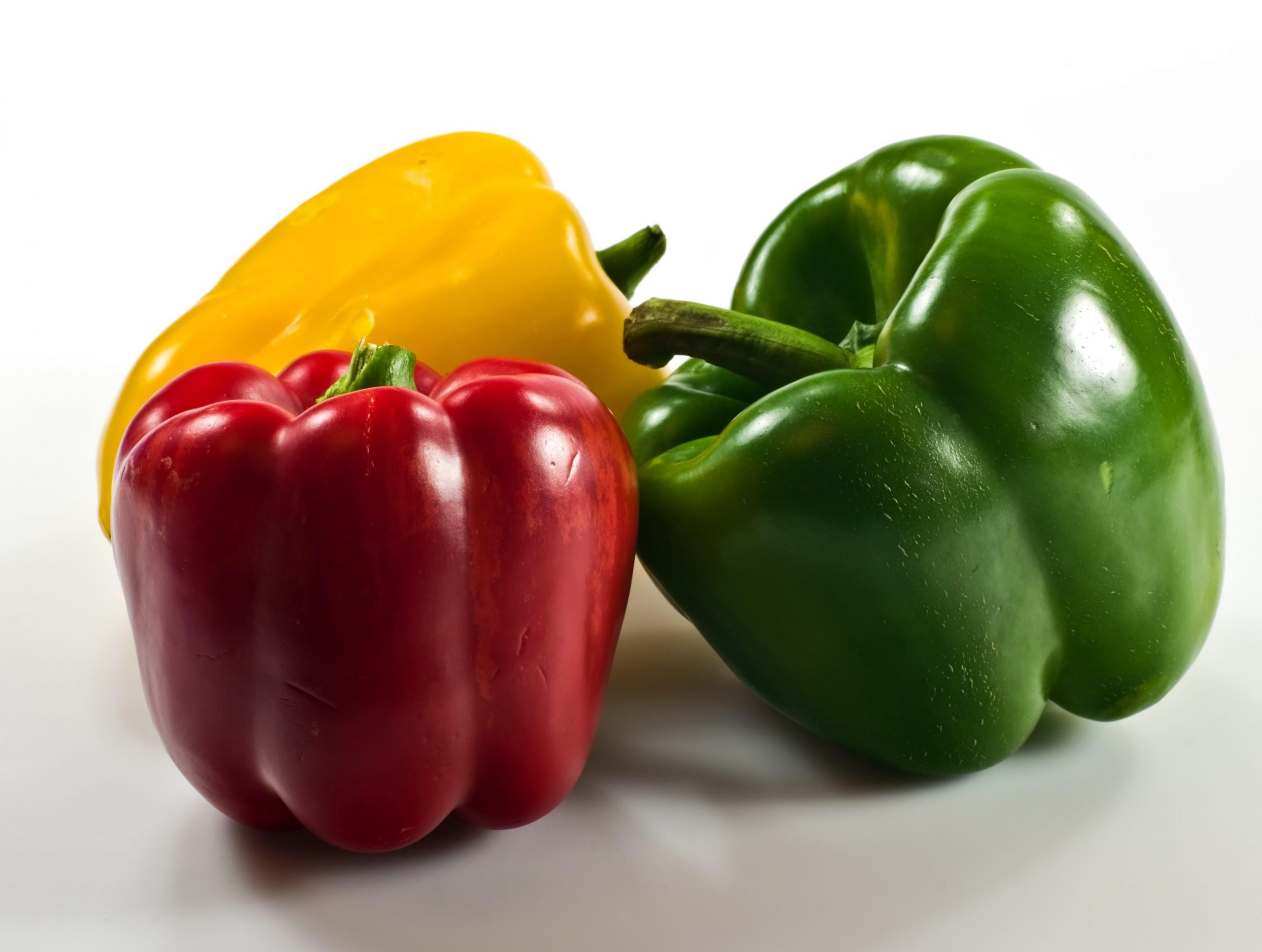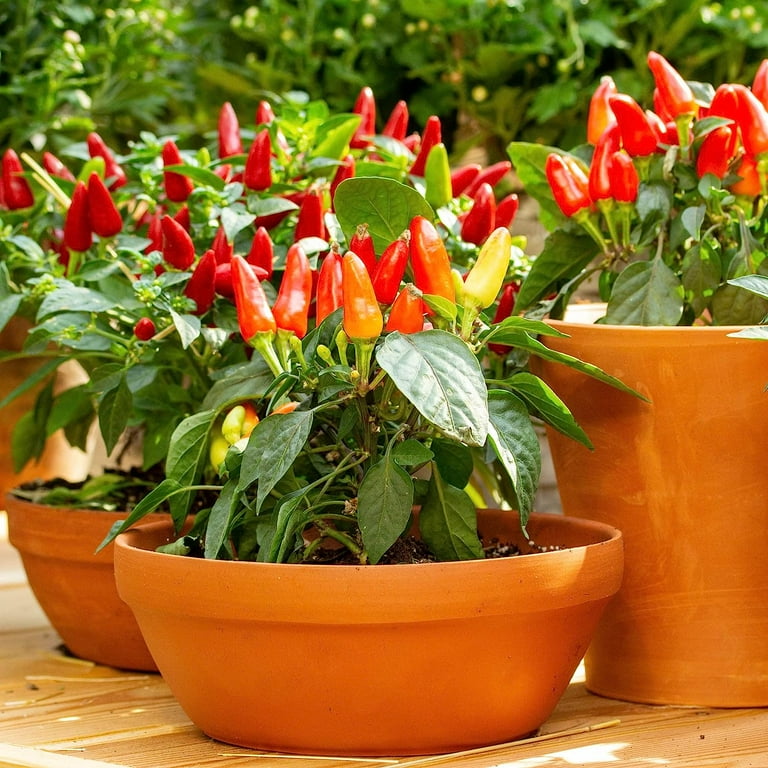Best Fertilizers for Peppers: Maximize Plant Health and Yield
Best Fertilizers for Peppers: Maximize Plant Health and Yield
Blog Article
Organic Vs. Synthetic Fertilizers: Which Is Best for Nurturing Healthy And Balanced Pepper Plants?
In the world of nurturing healthy pepper plants, the selection in between organic and artificial fertilizers stands as a crucial choice with significant implications. While both alternatives goal to offer important nutrients to sustain plant growth, the nuances of their effect on the soil, plant wellness, and the atmosphere spark a discussion that mirrors throughout the gardening area. Comprehending the distinct benefits and potential challenges of each fertilizer kind is important for pepper growers looking for to optimize their returns while maintaining an eco-conscious and sustainable technique.
Benefits of Organic Plant Foods
Organic plant foods provide an environmentally-friendly and sustainable strategy to nourishing pepper plants, giving vital nutrients without the usage of synthetic chemicals. These all-natural plant foods are obtained from natural sources such as garden compost, manure, bone dish, and seaweed, advertising soil health and wellness and biodiversity. Unlike artificial fertilizers, natural options release nutrients gradually, ensuring a balanced and consistent supply for pepper plants to thrive.
One considerable advantage of organic fertilizers is their capacity to boost soil framework and water retention. By boosting soil health and wellness, natural plant foods promote useful microbial task, which assists in nutrient uptake by pepper plants. Additionally, organic fertilizers minimize the threat of chemical run-off, protecting water sources from contamination and guarding the environment.
Additionally, organic fertilizers add to lasting dirt fertility by advertising the growth of advantageous soil microorganisms. These microorganisms aid damage down raw material, releasing nutrients in a type that is quickly available to pepper plants. best fertilizers for peppers. By promoting a healthy and balanced dirt ecosystem, organic fertilizers support sustainable pepper growing methods that profit both plants and the atmosphere
Drawbacks of Synthetic Fertilizers
Synthetic fertilizers, in comparison to their natural counterparts, present numerous negative aspects when utilized to nurture pepper plants, influencing both plant wellness and ecological sustainability. One major disadvantage of artificial fertilizers is their propensity to leach nutrients from the soil rapidly.
Additionally, the overuse of synthetic plant foods can add to water pollution. Excess plant foods not soaked up by plants can get rid of into water bodies, bring about eutrophication, where algae flowers deplete oxygen levels in the water, hurting aquatic life. Synthetic plant foods are generally acquired from non-renewable sources, such as fossil gas, adding to carbon emissions and environmental destruction throughout their manufacturing.
Nutrient Absorption Comparison
Reliable nutrient absorption plays a critical role in the total health and development of pepper plants. When contrasting artificial and natural fertilizers in regards to nutrient absorption, organic fertilizers have the advantage of providing a more well balanced and slow-release resource of nutrients (best fertilizers for peppers). Organic fertilizers consist of a range of macro and trace elements that are not only advantageous for the plants however likewise promote healthy dirt microbial activity, which helps in nutrient uptake. find more info On the various other hand, artificial plant foods commonly give a quick release of nutrients, which can result in seeping and runoff, causing reduced nutrient absorption prices by the plants.
Additionally, organic plant foods improve soil framework and water retention ability, enabling pepper plants to accessibility nutrients much more successfully. This better soil high quality helps with root growth, allowing much better nutrient absorption. Artificial fertilizers, although at first increasing plant development as a result of their high nutrient focus, may impede long-term nutrient absorption by degrading dirt health and wellness over time.
Ecological Impact Factors To Consider

On the other hand, artificial fertilizers, although usually even more concentrated and quickly offered to plants, can have damaging results on the environment if not used appropriately (best fertilizers for peppers). Their manufacturing calls for high power inputs, resulting in greenhouse gas discharges and adding to climate modification. The drainage of excess artificial fertilizers can pollute water sources, leading to eutrophication and hurting aquatic ecological communities.
Finest Plant Food Practices for Peppers
When fertilizing pepper plants, maximizing nutrient uptake and lessening environmental influence are essential factors to consider. To attain this, it is important to follow finest plant food techniques tailored to the certain requirements of pepper plants. One critical method is to perform a soil examination before using any kind of fertilizers. This examination can determine the pH level of the dirt and identify any nutrient deficiencies, guiding you in choosing the most suitable fertilizer solution.
One more important method is to fertilize pepper plants at the correct time. Normally, peppers profit from obtaining plant food at planting and afterwards again when they start to blossom. Over-fertilizing can lead to nutrition discrepancies and hurt the plants, so it is important to comply with advised application rates.
Additionally, choosing a balanced plant food with an NPK ratio that matches pepper plants' requirements is fundamental. Ultimately, integrating my link synthetic and organic plant foods deliberately can aid nurture healthy pepper plants while lessening environmental influence.
Verdict

Organic fertilizers provide an environmentally-friendly and lasting approach to nourishing pepper plants, offering crucial nutrients without the use of synthetic chemicals. Unlike synthetic plant foods, organic alternatives release nutrients gradually, making certain a consistent and well balanced supply for pepper plants to prosper.
Artificial fertilizers, in contrast to their natural equivalents, present different disadvantages when utilized to nurture pepper plants, influencing both plant wellness and ecological sustainability. When contrasting artificial and natural fertilizers in terms of nutrient absorption, natural fertilizers have the advantage of supplying a more well balanced and slow-release resource of nutrients.Additionally, natural plant foods improve soil framework and water retention capability, enabling pepper plants to accessibility nutrients a lot more efficiently.
Report this page